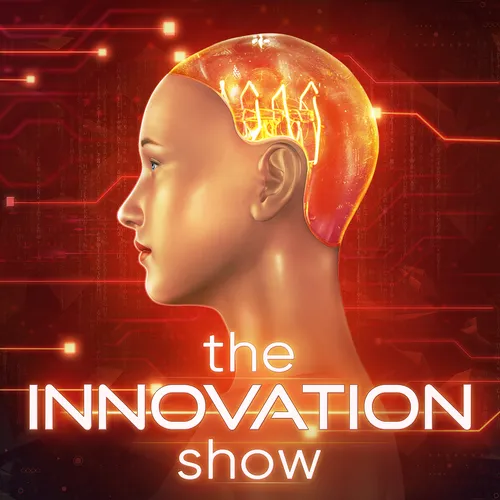
The Innovation Show
A Global weekly show interviewing authors to inspire, educate and inform the business world and the curious. Presented by the author of "Undisruptable", this Global show speaks of something greater beyond innovation, disruption and technology. It speaks to the human need to learn: how to adapt to and love a changing world. It embraces the spirit of constant change, of staying receptive, of always learning.
- Update frequency
- every 4 days
- Average duration
- 49 minutes
- Episodes
- 705
- Years Active
- 2016 - 2025

An S-Shaped Adventure 1 with Theodore Modis
Today's book is a stand-alone sequel to "Predictions: Society's Telltale Signature Reveals the Past and Forecasts the Future", which provided a new way of understanding society and ourselves by apply…

Yossi Sheffi - The Magic Conveyor Belt Part 3
In 2020, the World Economic Forum estimated that AI might destroy 85 million jobs by 2025. A 2022 study by the US Government Accountability Office (GAO) found that between 9 and 47% of jobs could be …

Yossi Sheffi - The Magic Conveyor Belt Part 2
Part 2 covers the “Further Complexity and Challenges” of supply chains, and you explore how the last 50 years have added even more complexity. This part covers the rising demand for goods and the inc…
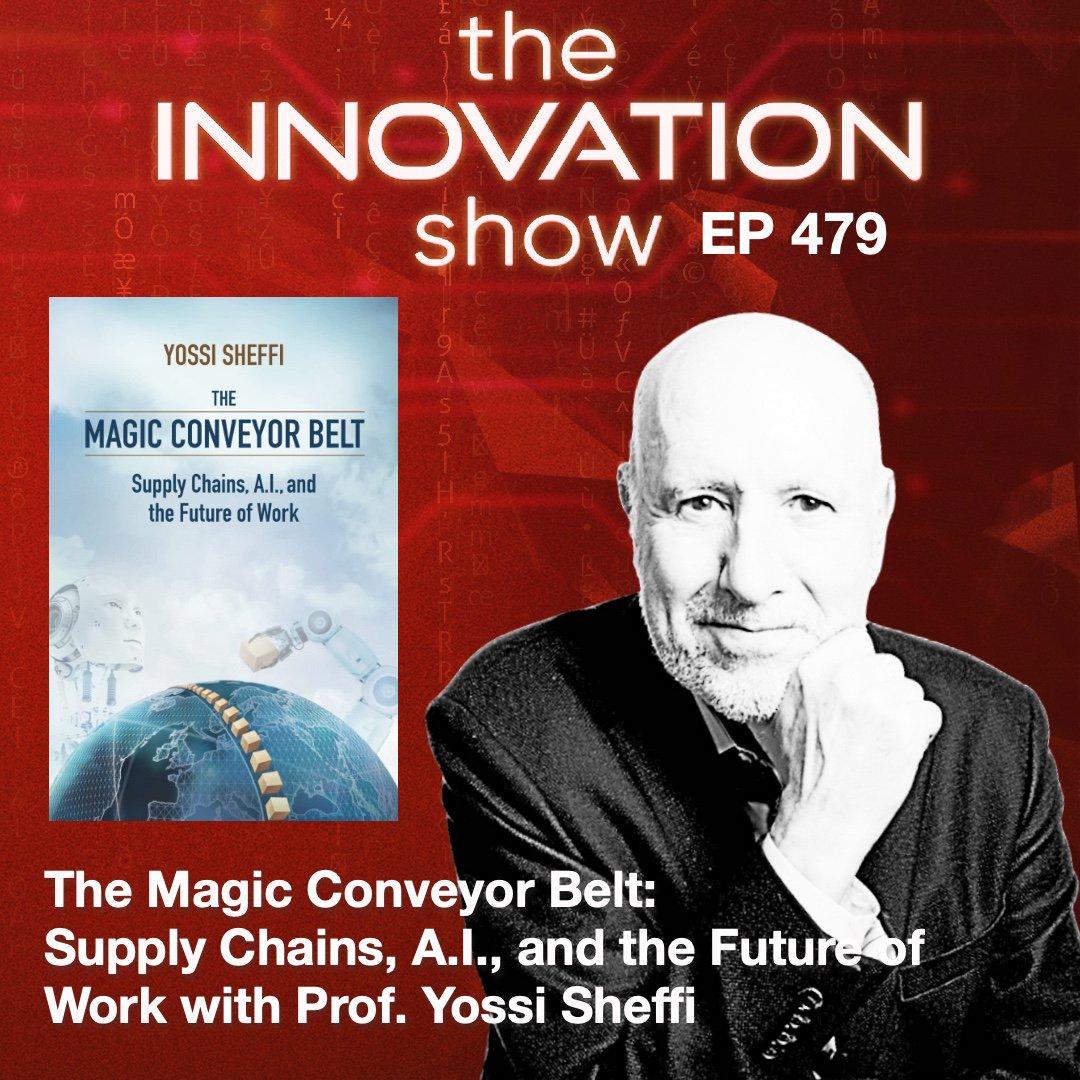
Yossi Sheffi - The Magic Conveyor Belt Part 1
Today’s book explains why supply chains are complicated to operate (and getting more challenging!). Fortunately, future managers can employ a combination of suitably educated employees and digital te…

Picking Presidents with Gautam Mukunda
Gautam Mukunda is an internationally recognized expert in leadership and innovation. He often jokes that his life’s ambition is to have the world’s most confusing resume and that he’s most of the way…

Pivot to the Future with Paul Nunes Part 7
To truly profit from disruption, an enterprise must be prepared to manage increasingly short windows of profitability, scaling up rapidly as customers embrace the new all at once, then scaling down n…
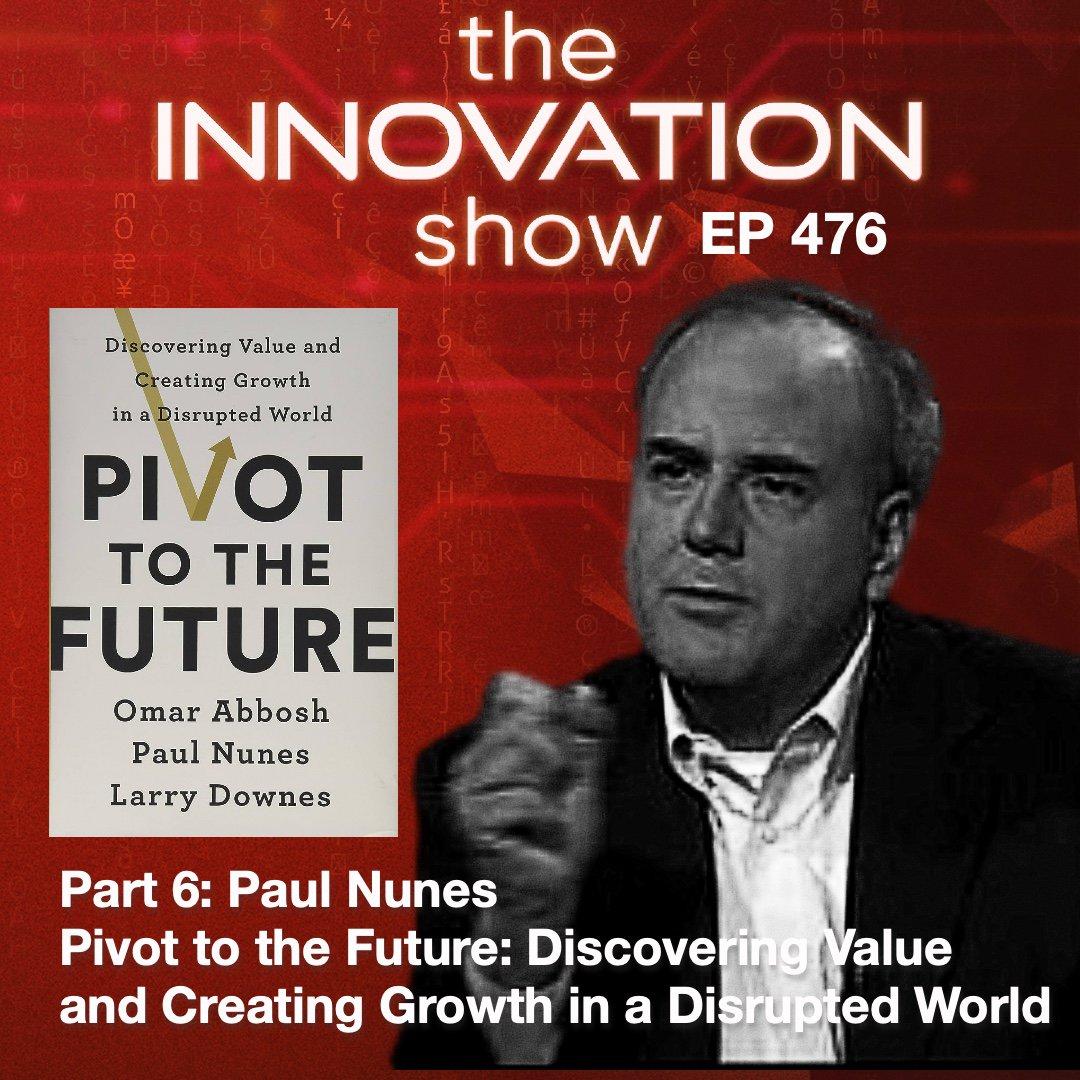
Pivot to the Future with Paul Nunes Part 6
Pivot to the Future is for leaders who seek to turn the existential threats of today and tomorrow into sustainable growth, with the courage to understand that a wise pivot strategy is not a one-time …

Big Bang Disruption with Paul Nunes Part 5
In keeping with the metaphor of astronomy’s Big Bang theory, Paul named the four stages of the shark fin after critical events in the creation and predicted the end of our known universe. Let’s get i…

Big Bang Disruption with Paul Nunes Part 4
We continue our series with Paul Nunes. This is part 2 of Big Bang Disruption where we dive into the Shark Fin and look at Nintendo, Regulation, Pinball and more.
00:00:00.000 The birth of a new co…
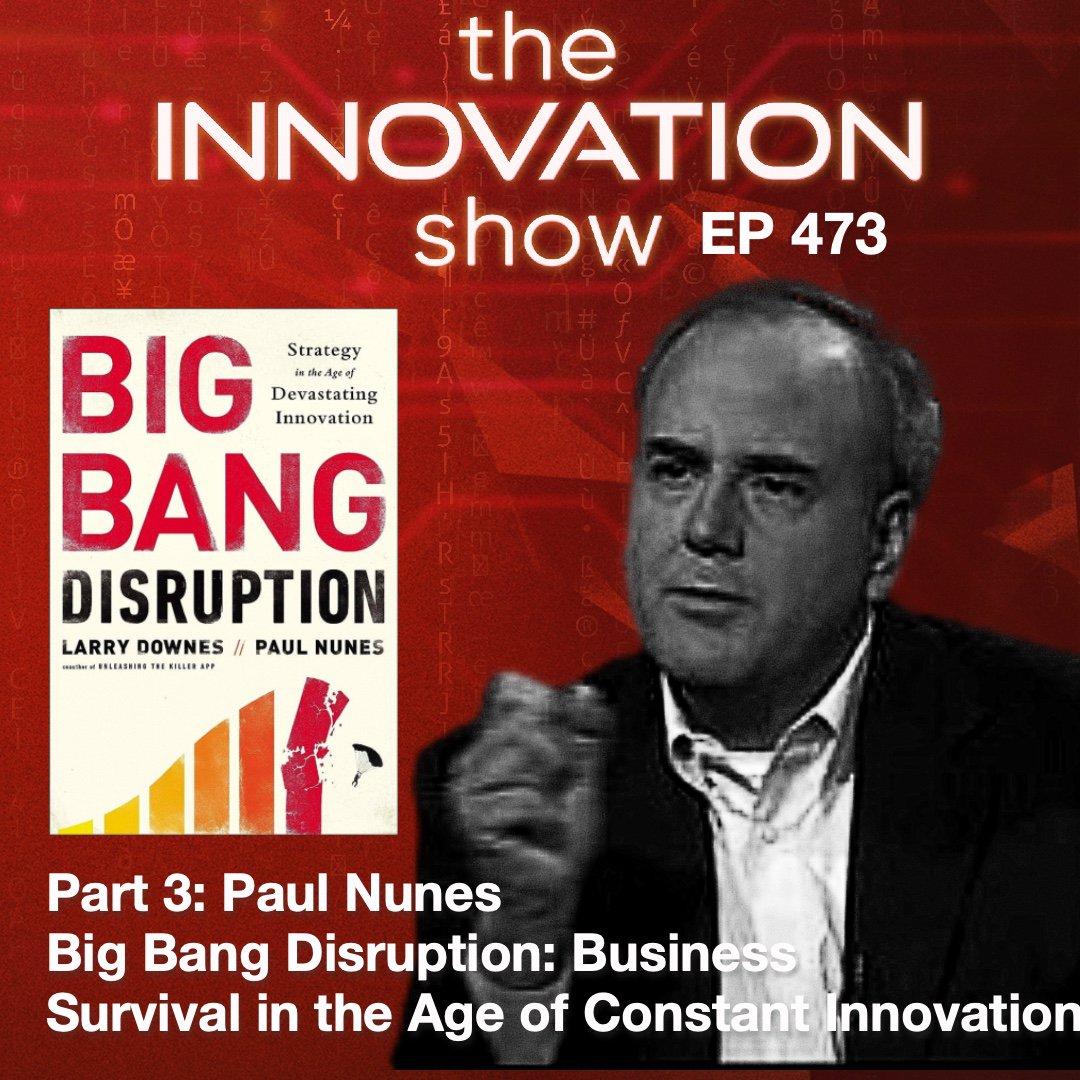
Big Bang Disruption with Paul Nunes Part 3
We have entered a fourth stage of innovation— the era of Big Bang Disruption. The new disrupters attack existing markets not just from the top, bottom, and sides but from all three at once. By tying …

Jumping the S-Curve - Paul Nunes Part 2
Paul Nunes has found that what matters is not just climbing your current S-curve, which is what you do to reach the top of a single successful business. Instead, he emphasises the equal importance of…

Jumping the S-Curve - Paul Nunes Part 1
Paul Nunes has found that what matters is not just climbing your current S-curve, which is what you do to reach the top of a single successful business. Instead, he emphasises the equal importance of…

Private Lawns, Planning: Protection or Growth

Mark Solms - The Hidden Spring Part 9: Making a Mind and The Hard Problem
It is a pleasure to welcome the author of The Hidden Spring: A Journey to the Source of Consciousness, Mark Solms. In this episode, we unpack "The Hard Problem" and culminate on Mark's latest challen…

Mark Solms - The Hidden Spring Part 8: A Predictive Hierarchy
It is a pleasure to welcome the author of The Hidden Spring: A Journey to the Source of Consciousness, Mark Solms. In this episode, we talk about the brain's prediction system.
00:00:00.000 Introdu…
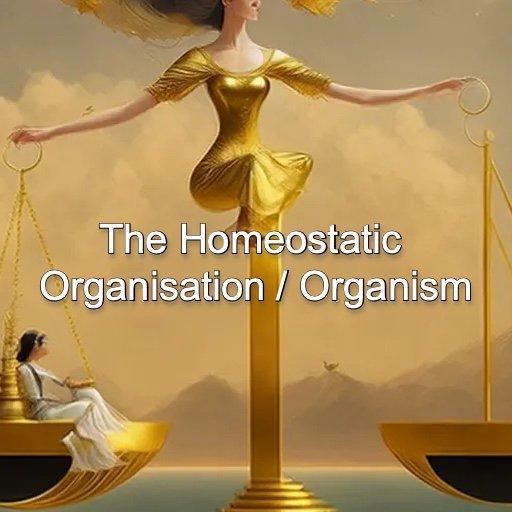
The Homeostatic Organisation / Organism
"No structure, even an artificial one, enjoys the process of entropy. It is the ultimate fate of everything, and everything resists it.' - Philip K. Dick
Homeostasis refers to the maintenance of rela…

Mark Solms - The Hidden Spring Part 7: Free Energy
It is a pleasure to welcome the author of The Hidden Spring: A Journey to the Source of Consciousness, Mark Solms.
In this episode, we share some terms like: Markov Blankets, The Free Energy Principl…

Mark Solms - The Hidden Spring Part 6: The P.A.G.
It is a pleasure to welcome the author of The Hidden Spring: A Journey to the Source of Consciousness, Mark Solms.
In this episode, we will discuss questions such as where does arousal come from anat…
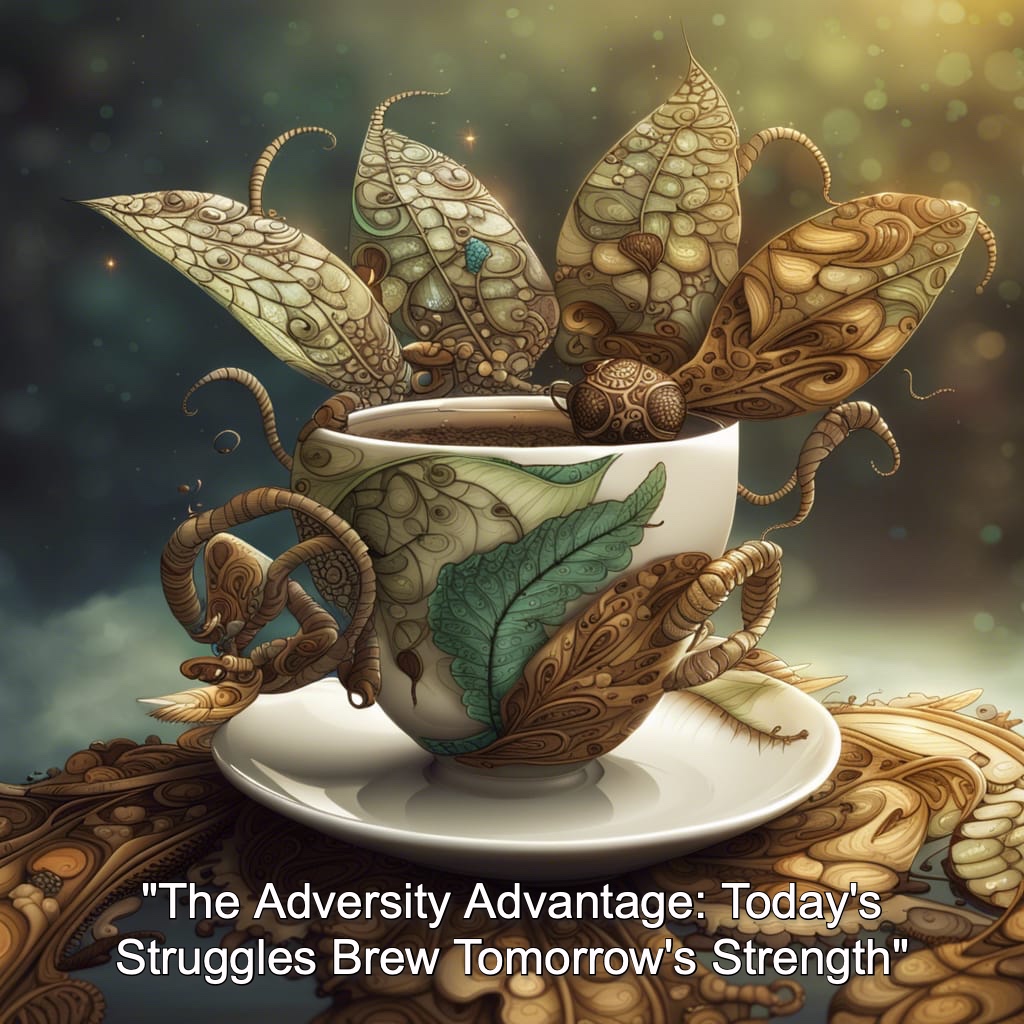
The Adversity Advantage Today's Struggles Brew Tomorrow's Strength
The struggle you're in today is developing the strength you need for tomorrow. - Robert Tew In a world of abundance, we take many things for granted. Our morning coffee is one such example. A morning…

Mark Solms - The Hidden Spring Part 5: Feelings 2
In "The Hidden Spring," our guest Mark Solms takes us on the journey of Feelings. Feelings are difficult to research because they are inherently subjective, but If we exclude feelings from our accoun…